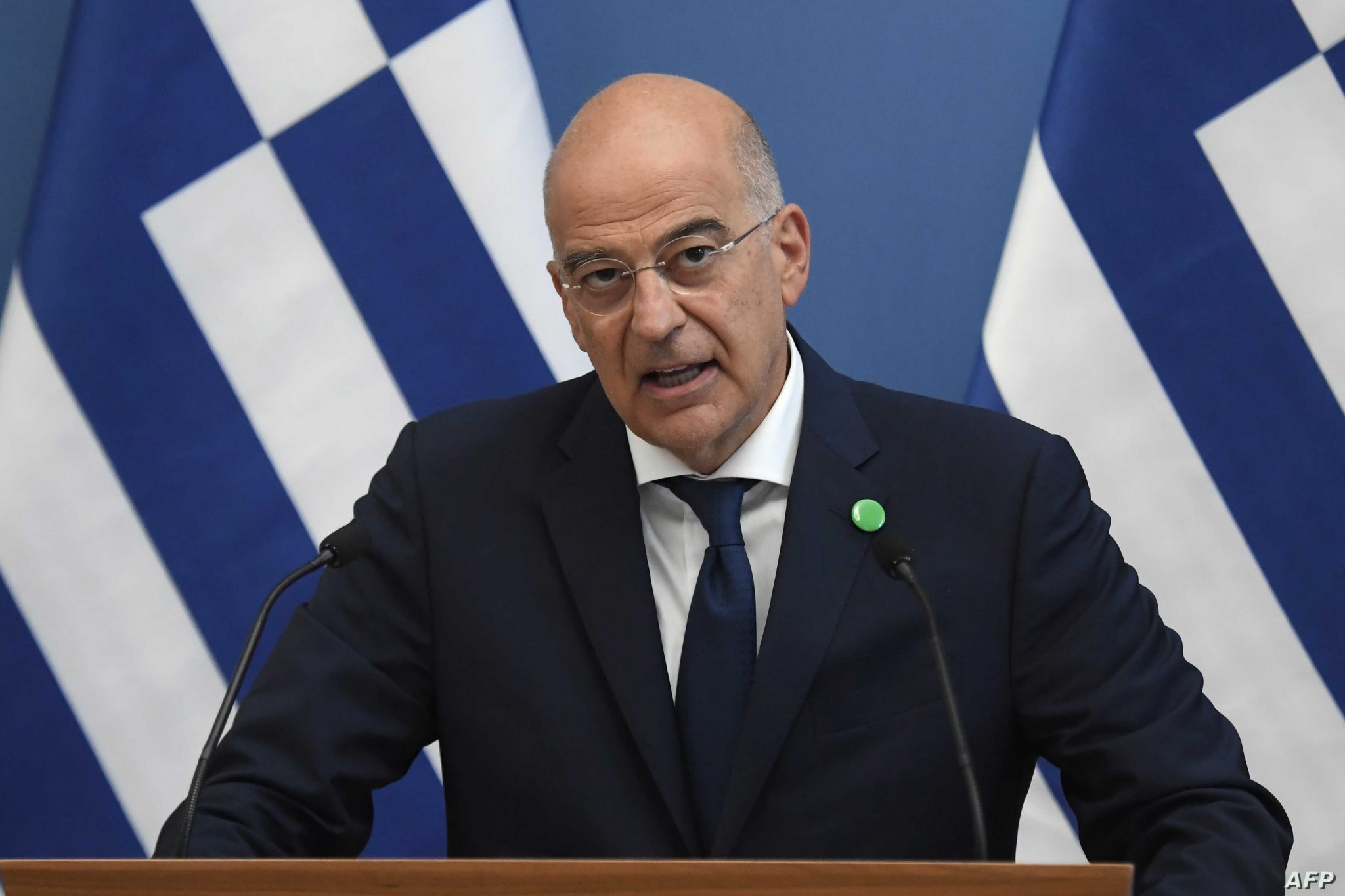Greece: Talks with Turkey have no timeline, European sanctions are possible
ISTANBUL, Turkey (North Press) – Greek Foreign Minister Nikos Dendias said on Saturday that the exploratory talks with Turkey regarding the eastern Mediterranean have no specific timeline, and that the sanctions against it should remain an option.
Dendias added in press statements that “the possibility of the European Union taking measures against Turkey has no timetable, and that sanctions against Turkey must remain an existing possibility.”
He pointed out that Athens’ goal is not to punish Turkey, “but we hope that it will act as a country that respects peaceful coexistence between neighboring countries.”
“It is up to Turkey to seize the opportunity available to it and return to the European track,” he added.
He stressed that it is not enough for Turkey to show good behavior for things to remain as they are.
A Turkish source said in a phone call with North Press that Greece knows very well that Turkey is making concessions to satisfy the European Union and fears any possible sanctions against it.
On January 25, former Greek Prime Minister Antonis Samaras stressed a policy of deterrence against Turkey, declaring his refusal to follow Greece’s policy of appeasement with it.
Samaras said that “the expansion policy can only be confronted by adopting a policy of deterrence,” declaring his opposition to the resumption of exploratory talks with Turkey.
On January 25, a round of Greek-Turkish exploratory talks was launched in Istanbul to find a formula to end the dispute between the two sides in the eastern Mediterranean.
While there was no comment from the Greek side on the results of the first round of exploratory talks, Turkish presidential spokesman Ibrahim Kalin said that “Turkey wants to solve all outstanding problems with Greece, for the benefit of all.”
In 2002, the first exploratory talks between Greece and Turkey began in Ankara, and until 2016 the two parties held 60 rounds of meetings which stopped due to Greece’s intransigence in its policies after Tsipras took over as prime minister.
The exploratory talks between the two countries aim to discuss ways to solve the outstanding problems in the eastern Mediterranean region within the framework of a diplomatic solution, and to find just solutions on differences over the main regional water issues.
It also aims to resolve the dispute over the continental shelf of the Aegean Sea, disarming the islands, exclusive economic zones, and areas of jurisdiction for Turkish Northern Cyprus, among other issues.

